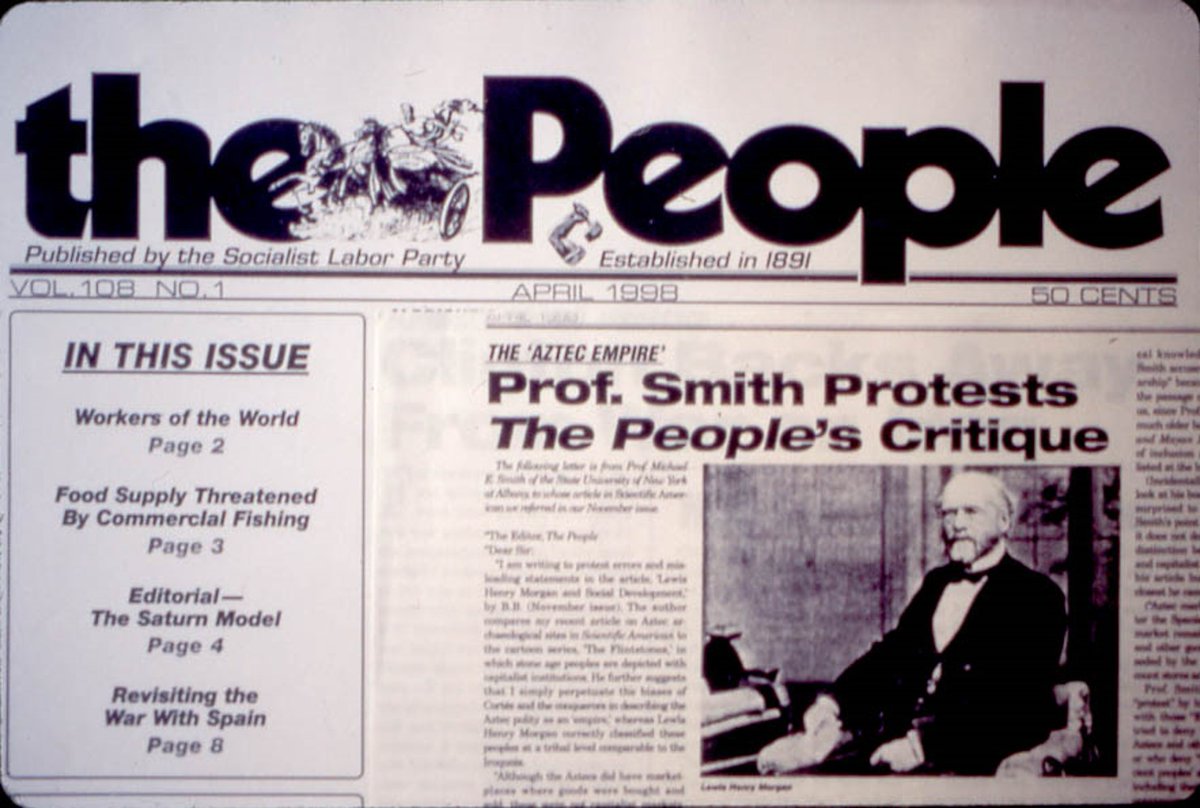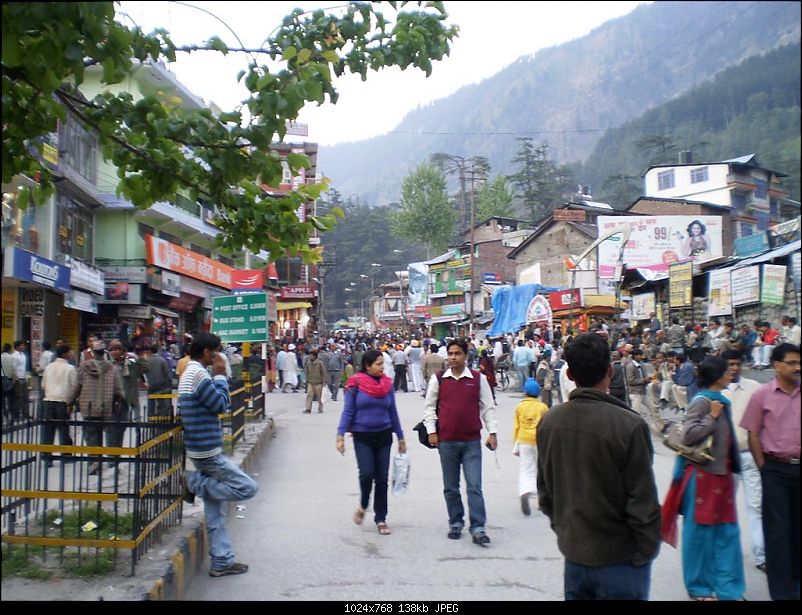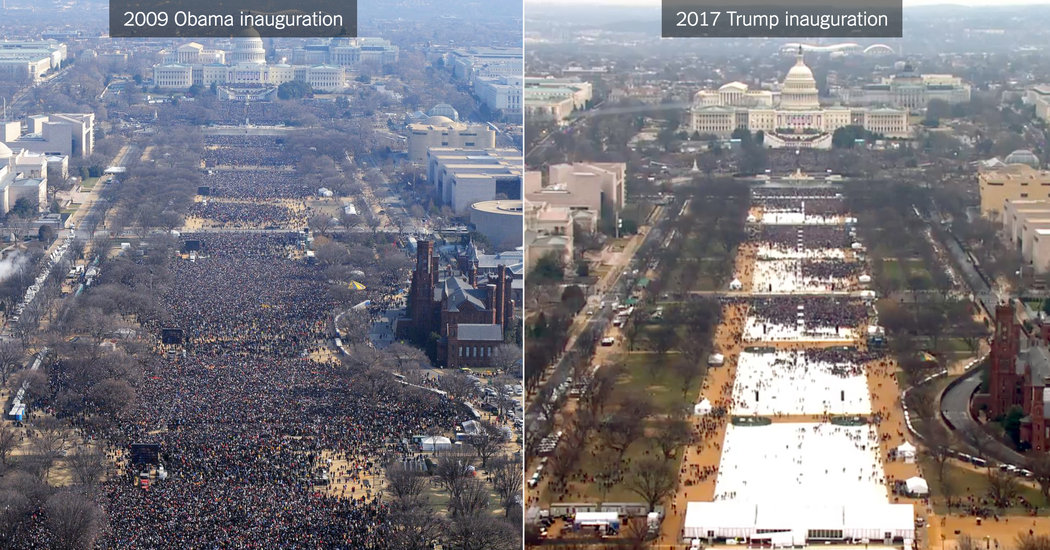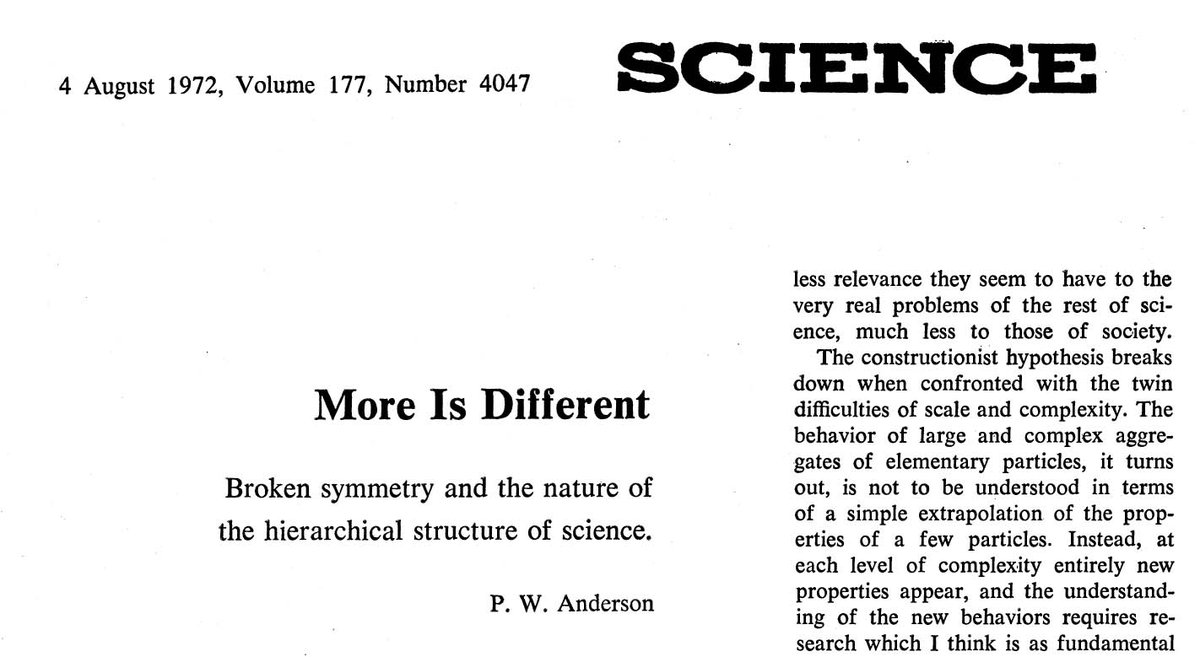
Archaeologist, Arizona State Univ. Aztecs, Teotihuacan. Ancient & modern cities. Transdisciplinary, materialist, historical, occasionally musical. Kino the dog.
How to get URL link on X (Twitter) App


 But, archaeologists and our journals are disciplinary silos. These papers get slammed and rejected. Reviewers have little obvious oexperience with the non-archaeological themes of the paper, and I get cranky, even insulting reviews. So, I have sent several 2/4
But, archaeologists and our journals are disciplinary silos. These papers get slammed and rejected. Reviewers have little obvious oexperience with the non-archaeological themes of the paper, and I get cranky, even insulting reviews. So, I have sent several 2/4 

 2/ “The book of full of errors of citation and argument, which suggests that authors are more interested in persuasion – pushing a set vision of the past – than in scholarly or scientific analysis and argumentation.”
2/ “The book of full of errors of citation and argument, which suggests that authors are more interested in persuasion – pushing a set vision of the past – than in scholarly or scientific analysis and argumentation.”

 First, I make them read and understand and cite Brubaker and Cooper 2000. Students have to distinguish their 3 domains of social identity: (1) Identification and categorization; (2) Self-understanding and social location; (3) commonality, connectedness, groupness.
First, I make them read and understand and cite Brubaker and Cooper 2000. Students have to distinguish their 3 domains of social identity: (1) Identification and categorization; (2) Self-understanding and social location; (3) commonality, connectedness, groupness. 
 2/ The Aztecs had money, merchants, and markets. But was it a capitalist economy? I talked about the critique I got from the Trotskyites in "The People." I was criticized for portraying the Aztecs like the Flintstones - attributing modern practices to an ancient society!
2/ The Aztecs had money, merchants, and markets. But was it a capitalist economy? I talked about the critique I got from the Trotskyites in "The People." I was criticized for portraying the Aztecs like the Flintstones - attributing modern practices to an ancient society! 

 The diagrams I include show how silly this concept of space and place is. Perhaps it is ok for psychology or philosophy, or some humanities fields. But for empirical science – PARTICULARLY for archaeology – it is vacuous. Sorry, we just can’t do this archaeologically. 2/
The diagrams I include show how silly this concept of space and place is. Perhaps it is ok for psychology or philosophy, or some humanities fields. But for empirical science – PARTICULARLY for archaeology – it is vacuous. Sorry, we just can’t do this archaeologically. 2/ 

 Few archaeologists will openly state that population data are not important. We all know that they are of utmost importance for understanding all kinds of social, economic, and political phenomena. The bogus objections are methodological.
Few archaeologists will openly state that population data are not important. We all know that they are of utmost importance for understanding all kinds of social, economic, and political phenomena. The bogus objections are methodological. 

 I still love his version of “Cuando caliente al sol” (). It’s a fast, hard-charging rock song. We had a cassette copy of his album, “Soy como quier ser,” that we played in the car in Cuernavaca in 1987. The Netflix bio really brings back memories.
I still love his version of “Cuando caliente al sol” (). It’s a fast, hard-charging rock song. We had a cassette copy of his album, “Soy como quier ser,” that we played in the car in Cuernavaca in 1987. The Netflix bio really brings back memories.

 2/ Anderson was one of the founders of the Santa Fe Institute. See their obituary: santafe.edu/news-center/ne… The basic point of "More is different" is that increases in size or quantity bring about qualitative differences. I use this principle in my book #PastUrbanLife
2/ Anderson was one of the founders of the Santa Fe Institute. See their obituary: santafe.edu/news-center/ne… The basic point of "More is different" is that increases in size or quantity bring about qualitative differences. I use this principle in my book #PastUrbanLife 

 2/ But how does this help anybody? It make comparative analysis more difficult, since the category "urban settlement" now includes smaller or simpler sites. Now, there is nothing wrong with using "urban" concepts to analyze "non-urban" settlements. I do this a lot.
2/ But how does this help anybody? It make comparative analysis more difficult, since the category "urban settlement" now includes smaller or simpler sites. Now, there is nothing wrong with using "urban" concepts to analyze "non-urban" settlements. I do this a lot.